
EU strengthens control of cheap imports
According to the British Financial Times, the European Commission proposed to apply handling fees for small parcels from Shein, Temu or Alibaba as early as 2026, two years earlier than scheduled, to reduce competitive pressure on retailers in the bloc.
A typical story is in Italy, which has just announced plans to impose a tax on parcels under 150 euros from outside the EU, mainly from China. The Italian Industry Minister said the measure would take effect before the end of the year, while the Economy Minister called for the EU to accelerate the application of a common tax to 2026 instead of 2028. In 2024, EU customs will process about 4.6 billion low-value parcels, 91% of which come from China, double the number in 2023. The European Fashion Industry Federation welcomed the move, seeing it as an important step to limit the economic and environmental impact of ultra-fast fashion.
The French government is proposing a 2 euro (about 2.3 USD) tax on each item imported from outside the European Union (EU), mainly targeting Chinese e-commerce platforms such as Shein, Temu and Alibaba. This measure, if approved by the National Assembly in the budget discussion session from November 12, will make France the first country in Europe to apply this special tax.
The move comes after customs officers conducted a large-scale operation at Roissy-Charles-de-Gaulle airport on November 6, inspecting hundreds of thousands of Shein packages – a platform accused of selling counterfeit goods, violating safety standards and causing environmental damage. According to the French Ministry of Economy, in previous inspections, up to 80% of Shein products did not meet European standards.
The draft tax, contained in Article 22 of the 2026 Budget Law, stipulates that each product in small packages from non-EU countries – notably China – will be subject to a 2 euro surcharge. The Ministry of Economy expects the measure to have a “triple effect”: it will significantly reduce demand for cheap goods from abroad (for a 5 euro product, the new tax is equivalent to a 40 percent price increase); it will increase state budget revenues by 500–600 million euros per year from 2026; and it will curb value-added tax (VAT) fraud, with many suppliers currently under-declaring the value of goods by an average of just 7 euros per item.
However, the plan is facing controversy. Some MPs have proposed raising the tax to 10 euros, 25 euros or even 50 euros to be a real deterrent, while conservatives oppose it, saying it would drive up online prices, hurting low-income consumers.
Transport companies and logistics partners have also expressed concern that Chinese companies could quickly redirect deliveries to neighboring countries such as Belgium, the Netherlands or Germany to avoid tariffs, causing severe damage to the French supply chain – especially at airports. French postal operator La Poste said that 20% of the parcels it handles now come from Chinese e-commerce platforms, a fourfold increase from five years ago.
The French government acknowledged that the measure could be controversial if implemented alone, but said the EU was also preparing to introduce a similar tax by the end of 2026. “We are only about nine months ahead of Europe,” an Economy Ministry official said.
Source: https://vtv.vn/eu-tang-cuong-kiem-soat-hang-nhap-khau-gia-re-100251113192656502.htm


![[Photo] Unique architecture of the deepest metro station in France](https://vphoto.vietnam.vn/thumb/1200x675/vietnam/resource/IMAGE/2025/11/14/1763107592365_ga-sau-nhat-nuoc-phap-duy-1-6403-jpg.webp)







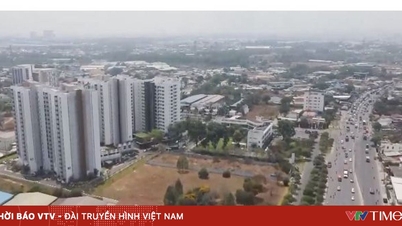









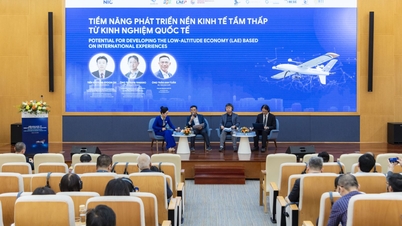





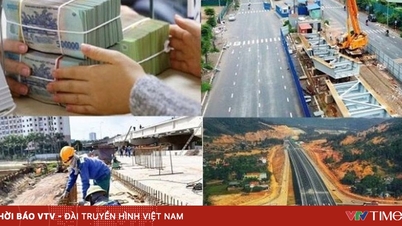




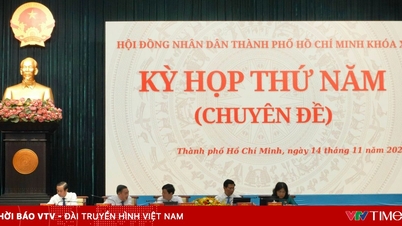



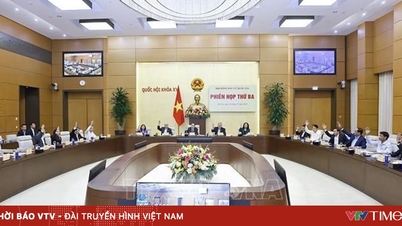

![[Photo] Unique art of painting Tuong masks](https://vphoto.vietnam.vn/thumb/1200x675/vietnam/resource/IMAGE/2025/11/14/1763094089301_ndo_br_1-jpg.webp)
![[Photo] Special class in Tra Linh](https://vphoto.vietnam.vn/thumb/1200x675/vietnam/resource/IMAGE/2025/11/14/1763078485441_ndo_br_lop-hoc-7-jpg.webp)









































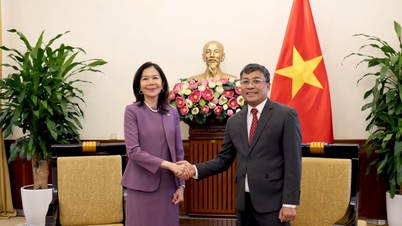

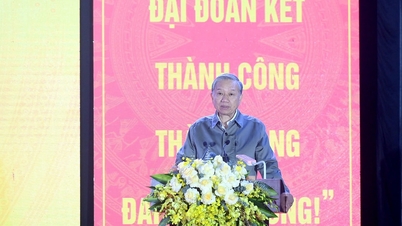









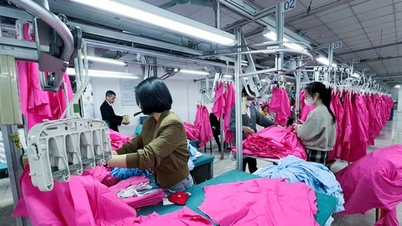



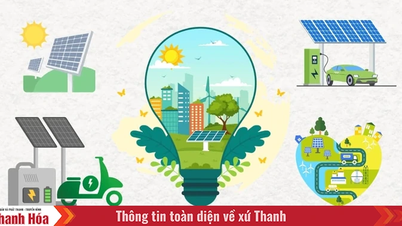















Comment (0)